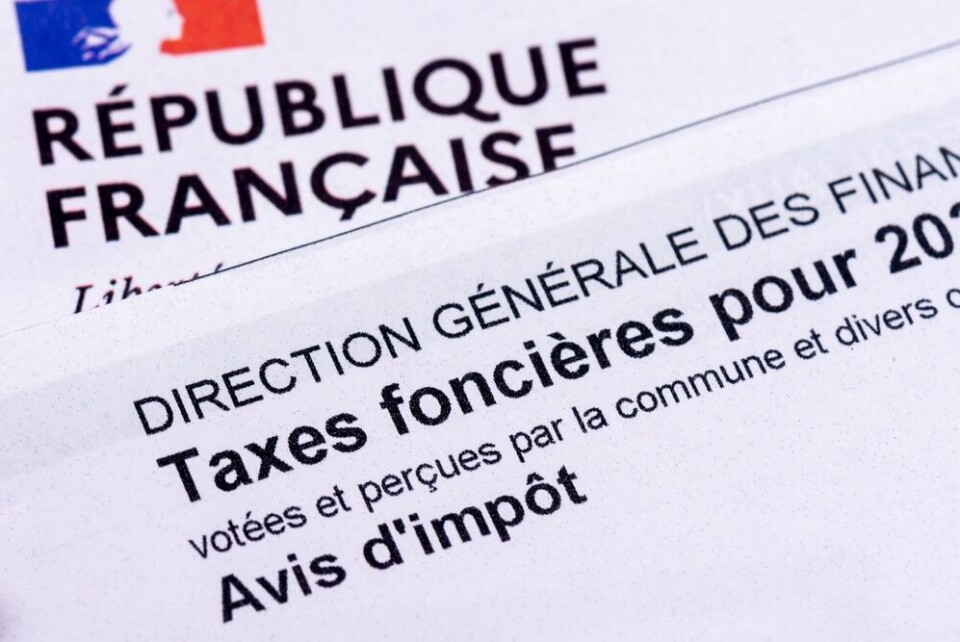-
Can you offer rentals in France when staying on visitor visa?
There are different thresholds for rentals before they are deemed as ‘professional income’
-
Must all properties in France have a ‘smart’ thermostat?
Modern thermostats can automatically set temperatures even when residents are away
-
Repayable-on-death equity release loans open again to non-EU retirees
Products have recently started being offered by bank group again after it paused them in 2019
Homeowners challenge automatic rise in French property tax - and win
2019 bills had risen by 15% but officials had not visited to recalculate property values

A group of 30 homeowners in France have fought back against rises to their taxe foncière property owner tax, arguing that the method used to calculate them was “inappropriate.”
The residents in Isère in eastern France took the national tax service to court over 15% rises to the tax in a year that came in in 2019.
They were informed that the rise was based on new calculations of their property values by the Direction générale des Finances publiques.
The group, however, said that no visits or surveying of their land had taken place and that the calculations were therefore unjustified.
All 30 defendants will be refunded the difference in tax paid between 2018 and 2019 – an average of €315 each after the court ruled in their favour.
In 2016, they had received information that the valeurs locatives de cadastrale (VLC) of their properties, which are the basis of taxe foncière calculations, were set to be updated. This had last been carried out in the 1970s.
The updates to the VLC were made based on the same parameters as before, such as perceived comfort features, but residents claimed no analysis of their properties took place in order to reach the new figures.
Read more: Taxe foncière explainer: Who pays and the exemptions
Methods used were ‘not appropriate’
Residents were informed of why the hike had taken place when receiving their bills but argued that the methods used were unjust.
“These increases are arbitrary and unjustified,” said one in 2019.
“I'm not against paying when it's justified, I'm not shocked. At least I was given an explanation [which can be used to fight against it]” he added.
The residents were supported in their battle by the Union nationale des propriétaires immobiliers (national union of property owners, or UNPI).
“The administrative court ruled in favour of our association, saying that the methods used were not appropriate,” said Jérôme Aubreton, the union’s president in Isère.
The crux of the residents’ argument was that the VLC of the properties had been updated by tax services without any enquiries into the state of the homes nor their ‘comfort features’.
“The problem is that many people received imposed changes to their property tax, without any prior request for information about their properties,” said Mr Aubreton.
A nationwide update of VLCs is expected in 2026, which will be a mammoth undertaking, as many areas still have the original rates from 1970.
Current annual changes are tied to inflation and not specifically to property features.
Read more: France's way of tracking undeclared pools is unfair, says report
Despite winning the case, the group of residents found their local tax bills increased significantly in 2023.
Taxe foncière payments last year increased by similar or higher rates in hundreds of communes across France, including the department’s capital Grenoble.
However, this was based on increases from local authorities, with the national rate rising 7.2% as a result of inflation, and not new VLC calculations
Related articles
Why the new road names in France and who is affected?
Second homes in France: locals call for quotas to save dying towns
























